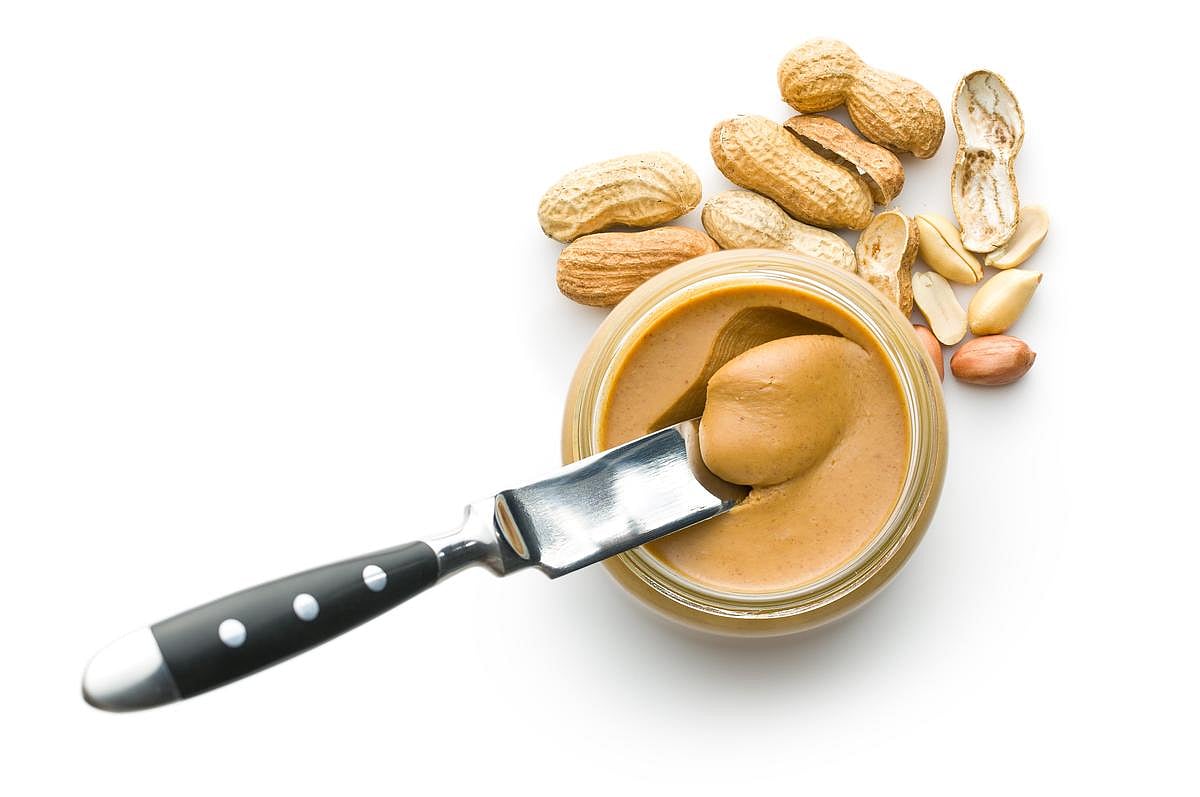Get Healthy!

- Posted October 8, 2025
Training, Support Empowers Pediatricians In Peanut Allergy Prevention
Pediatricians can better help parents prevent peanut allergies if they are provided support that helps them follow national guidelines, a new study says.
Doctors were more likely to recommend early introduction of peanut-containing foods into the diets of infants if they had educational and clinical support, researchers reported Oct. 6 in the journal Pediatrics.
These docs were three times more likely to follow the guidelines for kids at high risk for peanut allergy and 14 times more likely for low-risk kids, the study found.
“We found that supporting pediatricians with training, electronic health record prompts, and educational materials for parents significantly improved their ability to counsel families on early peanut introduction,” said lead researcher Dr. Ruchi Gupta, a pediatrician and researcher at Ann & Robert H. Lurie Children’s Hospital of Chicago.
“Because pediatric visits at four and six months are so busy, this support is critical to ensure families receive clear guidance,” Gupta added in a news release. “Our hope is that these conversations will help parents feel confident introducing peanut products early. We want to reverse the trend of increasing food allergies in the U.S. through prevention.”
Guidelines recommend early introduction of peanut-containing foods for all infants, but a 2022 survey found that only 26% of pediatricians are following these recommendations, researchers said in background notes.
To improve allergy care, researchers developed the Intervention to Reduce Early Peanut Allergy in Children (iREACH) trial, which involved 30 pediatric practices in Illinois.
Half the practices were provided with an expert-developed bundle of training and decision support tools regarding peanut allergy, and the other half were left to their own devices.
The package included a training video, computer reminders, allergy scorecards and a handout for parents on peanut introduction.
In all, nearly 18,500 infants were seen by 290 pediatricians during the study, which ran between November 2020 and October 2022.
Researchers tracked how well the docs stuck to peanut allergy recommendations at the infants’ 4-month and 6-month well child visits.
“We were able to measure the primary outcome by making use of the clinical notes and structured data that pediatric clinicians generate during these well-child visits,” researcher Lucy Bilaver, an associate professor of pediatrics at Northwestern University Feinberg School of Medicine in Chicago, said in a news release.
Among low-risk infants, the doctors who got the support packages followed the guidelines 84% of the time, versus 35% in the control group.
For high-risk infants, docs stuck to guidelines 27% of the time if they got support versus 10% among those in the control group. High-risk infants were defined as those with severe eczema or egg allergy.
“While more work is needed, the success of this intervention supports wider dissemination to prevent peanut allergy in children,” Gupta said.
More information
Cleveland Clinic has more on preventing peanut allergies.
SOURCE: Ann & Robert H. Lurie Children’s Hospital, news release, Oct. 6, 2025






